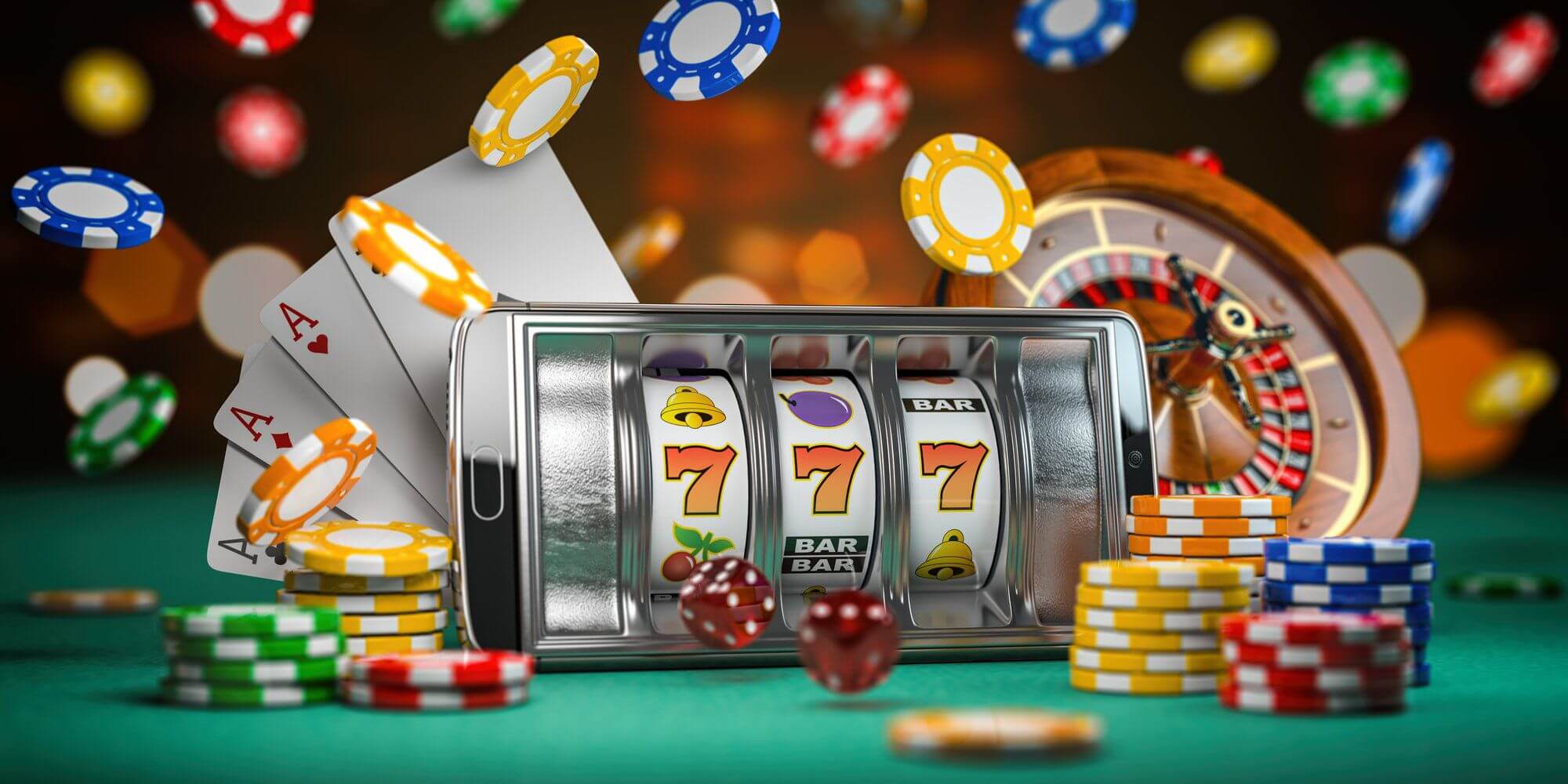Latest Updates
Featured Posts
Get in Touch
123 Innovation Street
Tech District, CA 94105
[email protected]
+1 (234) 567-890
Why Gamblers Become Pulled Towards Casino Entertainment

Gambling games have long captivated players from all walks of life, enticing them into vibrant casinos filled with the noises of spinning wheels, clattering chips, and cheering crowds. The thrill of chance and the allure of potential winnings create an exhilarating atmosphere that keeps players returning for more. Whether it is the thrill of a slot machine, the strategic play of poker, or the anticipation of a roulette wheel, casino games offer a unique combination of fun and risk that can be hard to ignore.
At the heart of this fascination lies a psychological pull that varies from person to person. For a few, the excitement of hitting a jackpot can elevate their mood, while for many, it's a social experience that brings friends together. The colorful visuals, engaging sounds, and sometimes lavish environments of casinos greatly improve the appeal, making each visit an experience waiting to unfold. As we delve into why gamblers are drawn to these games, we uncover the underlying motivations and emotions that fuel their love for the betting tables.
The Psychology of Gambling
The allure of casino games commonly stems from the complex psychology of gambling itself. Many players are drawn to the thrill of risking money for the opportunity of winning more, as it taps into a profound human desire for thrill and gain. Ga179 This rush can create a significant emotional experience. The combination of risk and potential monetary gain can stimulate a release of dopamine, making players feel energized.
Additionally, the design of casino games is engineered to maintain players engaged. The use of luminous lights, captivating sounds, and the social atmosphere of casinos can amplify the excitement. Players typically find themselves immersed in these settings, where the expectation of a win keeps them coming back for more. This sensory stimulation encourages extended play, as the rapid feedback from wins, however minor, reinforces the desire to continue gambling.
Finally, cognitive distortions play a major role in gambling behavior. Many gamblers fall prey to the misconception of control, believing they have power over outcomes even in games of luck. This mindset can lead to overoptimism and the continuation of play, despite rising losses. Additionally, gamblers often recall their wins better than their losses, which can distort their perception and enhance the desire to keep playing. This intricate interplay between emotions and cognitive factors helps illustrate why so many are drawn to casino games.
A Appeal of Gambling Environments
The environment of a gaming venue is distinctively enchanting, drawing in bettors with its mix of thrill and suspense. The visuals and noises of spinning slots, excited players, and the repetitive jingling of chips create an immersive experience that is challenging to ignore. The vibrant lights and animated layout foster a feeling of excitement that keeps gamblers engaged and motivates them to stay longer. This infectious atmosphere contributes to the overall charm of gambling games, enticing both inexperienced and experienced players alike.
In addition, gaming establishments are designed to stimulate the sensory experience in a way that makes visitors feel as though they are starting on a thrilling adventure. The thoughtful arrangement of games, inviting areas, and complimentary drinks enhance the overall experience, making gamblers feel valued and spoiled. Many gaming centers also incorporate themed designs and lavish motifs that transport visitors to various realms, amplifying the thrill. Such environments foster a sense of escapism, allowing gamblers to forget their mundane lives and immerse into the exhilarating domain of risk.
In conclusion, the presence of additional players amplifies the interpersonal element of gaming, creating a shared thrill. Interactions among participants, whether through light-hearted conversation or shared excitement during a big success, cultivate a sense of togetherness that many find tempting. This social connectivity enhances the journey of participating in gaming games, transforming it from a single pursuit into a shared adventure. The mixture of excitement, captivating settings, and communal ties makes gambling establishments an irresistible destination for gamblers desiring fun and a opportunity to win.
Grasping Gambling Dynamics
Gambling games are designed with specific mechanics that captivate players. Each game has its unique set of rules, stake frameworks, and probability ratios, allowing players to engage with the game on multiple levels. The thrill of making a bet and the anticipation of the outcome creates an thrilling atmosphere. Comprehending these mechanics can intensify a player's appreciation for the game and elevate their overall experience.
A further crucial aspect of game mechanics is the concept of randomness. Many casino games, especially poker machines and table games, rely on RNGs or shuffling to determine outcomes. This randomness is what keeps players revisiting; the unpredictable nature of the game creates a notion of anticipation and excitement. Knowing that each round or turn is independent of the last contributes to the appeal, as players perceive they have a chance at winning, regardless of past outcomes.
Finally, the emotional response connected with game mechanics should not be underestimated. The excitement of a large victory or the tension during critical moments are integral to the enjoyment of casino games. Such emotional highs and lows leverage psychological triggers that keep players engaged for longer periods. Grasping these emotional responses to game mechanics can help explain why so many are enticed by the thrill of casino games, persistently seeking that following exhilarating moment.
